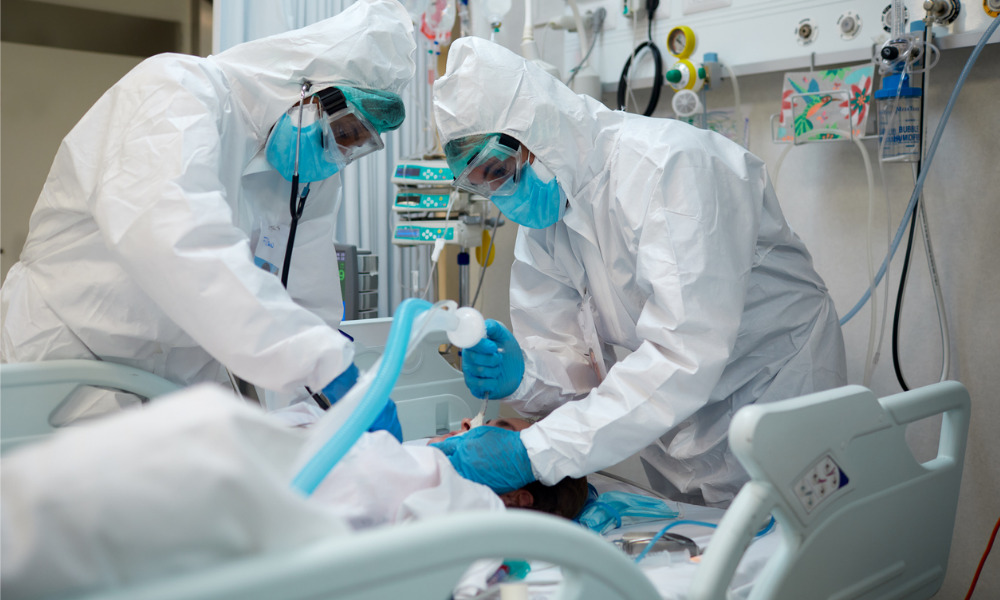
Juggling busy schedules and remote locations is part of the challenge

Professional development is a key aspect for employees in every sector but for frontline workers, it often drops down the list of priorities. Putting the needs of patients before their own is commonplace among workers in the aged care and healthcare sectors. So how can HR leaders create opportunities for learning which don’t take away from the job at hand?
Speaking to HRD, Uniting Care Queensland’s Organisational Development Specialist, Catarina Rogers, explained how she designed a new L&D program for an incredibly diverse set of employees. Spanning leaders in aged and community care, hospitals, family services and Lifeline retail stores, the mix of experience and roles varied widely. On top of that, the remote locations of some leaders has typically made delivering L&D even more challenging.
“There was a lot of diversity in the skills, background and experience that our leaders have, and so it was about grouping leaders together in the right mix where they would be able to challenge each other appropriately,” Rogers said.
Read more: How to help staff take ownership of learning
Having chosen a flexible training program, Rogers sought input from the leaders themselves and those above them to assess the current skill level, areas to focus on, and how they could deliver the training in the most accessible way. With busy schedules and a razor-sharp focus on delivering care to their patients, Rogers said encouraging leaders to take time “off the tools” is often one of the most difficult aspects of delivering L&D in the caring sector.
It all starts with communicating the necessity of developing leadership skills and driving home the vital impact leaders have on the wider workforce. But Rogers said they also worked closely with the direct line managers of participants to enable them to step away from their busy schedules each month to invest in their own development. That gave participants a sense of permission and an understanding that being a better leader would ultimately benefit the patients too.
“Leaders have such a big impact on the engagement, the alignment and the experience of their teams which then impacts, the end user - our clients,” Rogers said. “Leaders are in a privileged position in that they can make a really great impact for the communities and people we serve through their leadership and so for that reason, it is really important that we provide them with opportunities to develop.”
Leaders were grouped together in fours based on their skills, role, and needs, and over six months, took part in two-and-a-half hours of training each month. Rogers said this small group coaching format helped the leaders to build trust within the group, enabling them to bounce ideas around and learn from one another. There was also a real focus on delivering practical tools to help them deal with different leadership scenarios. By sharing their experience and opinions on how to navigate different situations, participants said it gave them more confidence in their ability as leaders.
“They felt a real connection to their pod members and it's people that perhaps normally when they're so busy, they don't get to have these types of conversations in the lunchroom or in the corridor. So, it was the peer learning piece that has really jumped out for people,” she said.